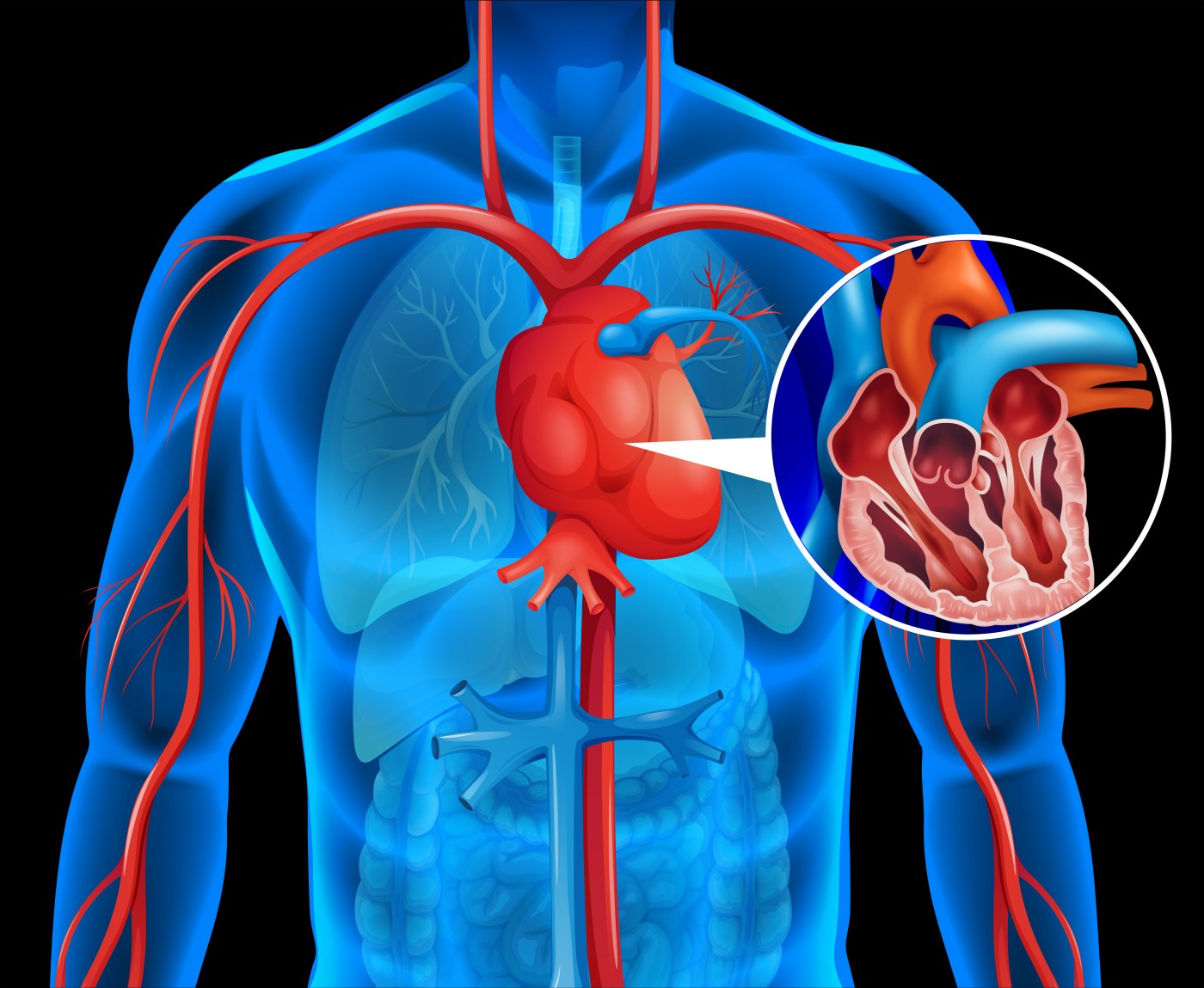Right Ventricle Enlargement Successfully Treated in PAH Animal Model Using Ranolazine, a Heart Drug
Written by |

Researchers from Chungbuk National University, Korea, found that ranolazine (Ranexa), a drug used to treat coronary heart disease, effectively reduced the structural remodeling of the heart’s right ventricle in an animal model of pulmonary arterial hypertension (PAH). The results suggested that targeting right ventricle disease could delay PAH progression in people.
Right ventricle enlargement in PAH is a major problem, impairing heart function and often leading to right heart failure or severe arrhythmias. Since current treatments do not particularly address these problems, the study, “Reduced immunoreactivities of B-type natriuretic peptide in pulmonary arterial hypertension rats after ranolazine treatment,“ explored the effect of ranolazine on right ventricle function in rats.
Ranolazine has heart-protective properties, reducing inadequate blood supply and chest pain in coronary heart disease patients. The drug can also prevent arrhythmia, and previous animal experiments have demonstrated that it also does so in animals with established PAH.
Researchers induced PAH in rats using the toxin monocrotaline, producing a condition closely resembling human PAH. After one week, the rats were given ranolazine in their food, and researchers investigated its effects on their lungs and hearts at weekly intervals up to four weeks.
Findings, published in the journal Anatomy and Cell Biology, showed that ranolazine treatment reduced the enlargement of the right ventricle, and weighing the tissue revealed that the loss of heart muscle tissue was partly prevented. The drug treatment also decreased heart fibrosis, with less collagen deposits found in the tissue, and reduced blood pressure and the remodeling of lung arteries.
Pressure changes in the lung arteries could be observed as soon as two weeks into treatment, while structural changes took up to four weeks to develop.
The structural changes were accompanied by a decrease in B-type natriuretic peptide (BNP), a heart hormone often found in elevated levels in various heart conditions and considered a marker of right ventricle failure. Recent evidence showed that BNP might be directly involved in remodeling of blood vessels.
In addition to supporting ranolazine as a potential PAH treatment, the study underscores the importance of specifically treating right ventricle dysfunction in PAH patients, as it may delay progressive heart disease.



